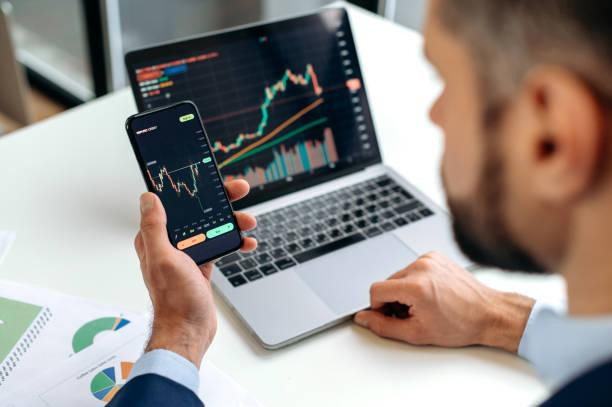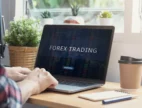When Do Businesses Engage In Forex Trading?
by Abdul Aziz Mondal Finance Published on: 23 November 2023 Last Updated on: 07 December 2023

Much has been written for individuals who wish to trade currency pairs in the forex market. However, the primary purpose of Forex trading for businesses involved in international trade is to mitigate the risk presented by fluctuating currency pair relationships.
The process of minimizing forex risk is also popular as hedging. Further, it can involve the purchase of forward contracts, options, and other instruments.
Businesses that ship goods and services overseas or have offices in foreign locales might have severe implications by sudden changes. In relation to exchange rates, this can impact the value of revenues, balance sheet assets, and liabilities.
Analyzing The Forex Market For Cross-Border Payment
While the cross-border payment market for 2022 reached $156 trillion annually, the daily turnover in the foreign exchange market hit $7.5 trillion, according to statistics by the Bank for International Settlements (BIS). The huge difference between these two data elements consists of hedging and speculation transactions.
Treasury analysts within these firms are continually monitoring activity in the forex market by following the information provided on several websites. These sites will typically provide historical charts for major and minor currencies. Furthermore, related cross rates, links, and news articles may offer insights into current and future trends.
How Do Treasury Analysts Mitigate Forex Risk?
Corporations of any material size will often have a treasury policy. It specifies how company analysts can use derivatives to protect against the risk posed by fluctuating currency values. These policies often prohibit employees from engaging in forex trading for gain.
However, they do permit them to employ swaps, options, forward contracts, and other instruments to hedge the firm’s risk over the succeeding twelve months.
The hedging tool that is the most popular is a forex option. The option is purchased for a low cost. It is done in such a way as to protect the company from adverse changes in an exchange rate. If the market moves against the firm, then the option will become viable. If the market move is favorable, then the option is all set to expire, and the company gains from forex appreciation.
What About Financial Institutions And Global Banks?
Global banks and financial institutions with presences in foreign markets must support the ongoing transactions of their customers that create forex risk, but these firms also have large trading rooms that seek to leverage the company’s opportunities in foreign markets. It is often more advantageous to trade in currency pairs than it is to trade in foreign investments.
These institutions are in a unique position to witness the physical movement of funds across a border and then profit from those insights. In these cases, the banks rely heavily on the prevailing fundamentals to make longer-term trades in the forex market. They, too, will use derivatives to hedge the exposure presented by their customers, as well.
Summary
The forex market largely consists of banks, financial institutions, governments, and speculators. But that’s certainly not the end! Businesses attempting to minimize their exposures relevant to forex risk are equally involved.
Options are the most popular tool for this hedging process. Within this wide, expansive market, there is also room for the individual retail forex trader. They can profit from fluctuations in currency values.
Read Also:



































































































